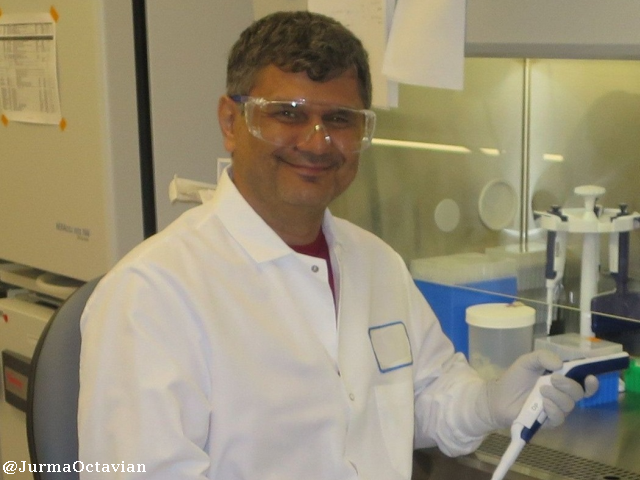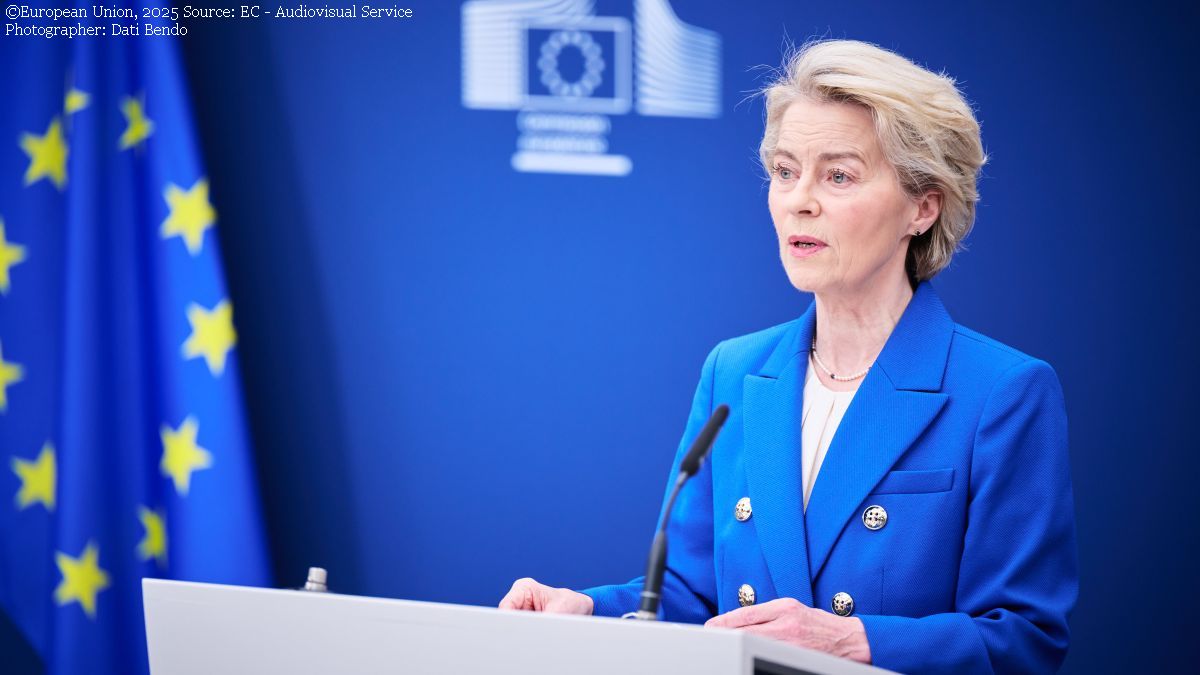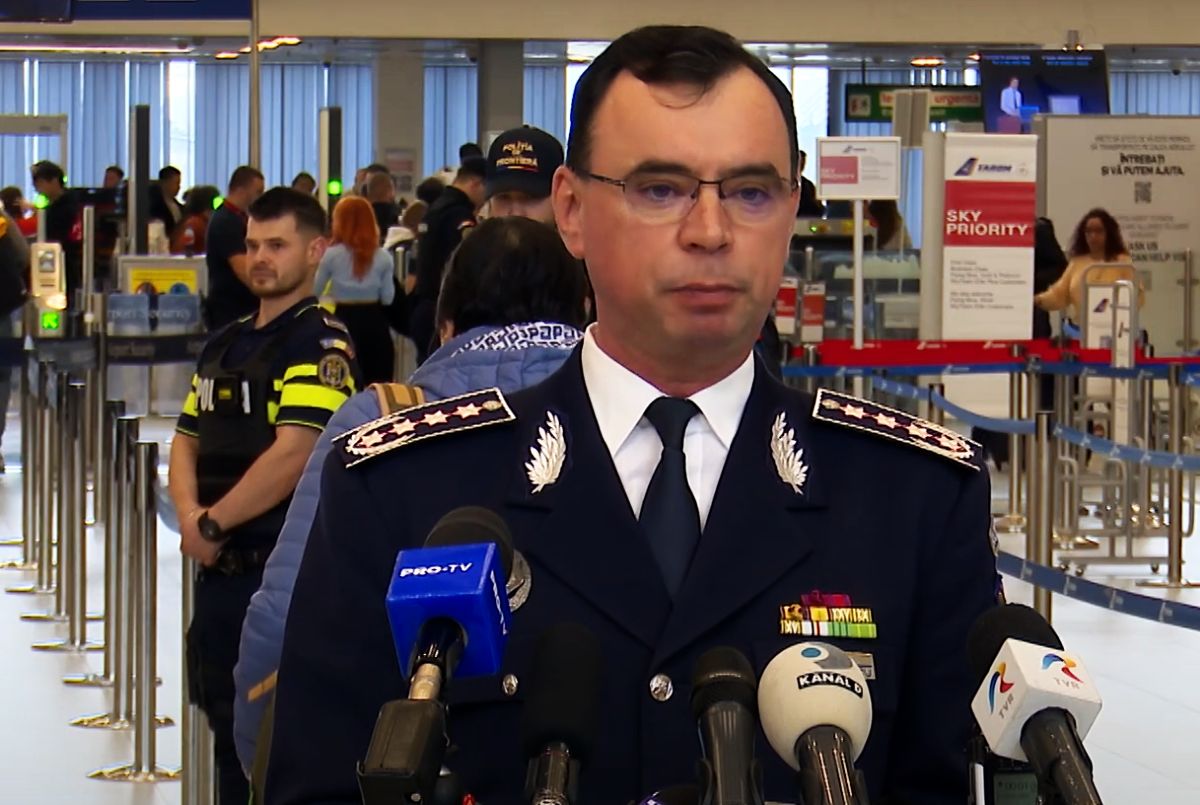How effective will the new restrictions be?
Romanian authorities have taken new measures to limit the spread of the coronavirus, in the hope they will be effective.

Eugen Coroianu, 10.11.2020, 14:00
New restrictions have been in place in Romania starting on Monday, aimed at slowing down the surge in new infections. Among them is the obligation to wear face masks indoors and outdoors all across the country, holding calsses exclusively online, closing stores at 9 pm at the latest and banning the movement of people during the night, with several exceptions.
Similar or even tougher measures have been adopted by many other countries, against the background of the second wave of the pandemic having gripped the planet. Romanian authorities hope to be able to limit the number of new infections in order to help the healthcare system, the intensive care units in particular, cope with the situation. But how effective will these measures be? The answers to this question can only come from the experts who have studied pandemics, from the expertise picked up since the start of the outbreak, from mathematical models and predictive calculations.
Octavian Jurma is an epidemiologist and a researcher in Timisoara, a city hardly affected by the pandemic. He said on Radio Romania that the restrictions in place are insufficient and that tougher measures are needed: “Even if we had taken all possible measures, we would still have had another two weeks of increase in infections. It’s just like when you turn off the tap, but water continues to run for a little while longer. These measures are not aimed at completely turning off the tap, but only at slowing down the water, in the hope the healthcare system will be able to cope with it. Unfortunately, the system is overwhelmed. We will have over 12 thousand cases this week for sure, and probably 15 thousand next week.”
Octavian Jurma believes that the best solution would have been total lockdown, just like in other countries, which could have taken us to less than 2,000 cases per day during the winter holidays. Octavian Jurma: “It is much cheaper to test people and then send them back to work than keep them 14 days in isolation and pay them medical leave. And I’m talking about these quick antigen tests that are less accurate but, at country level can ensure a return to work. Also, these tests should be coupled with a minimum period of quarantine. It would be good if we managed to at least test all people subject to epidemiological investigations. We no longer test direct contacts, but only people with symptoms. That is why one in three people tested is positive. Things are completely out of control.”
As regards a possible vaccine, the Romanian expert believes that only a small number of doses will be available before April. (Translated by Elena Enache)






























